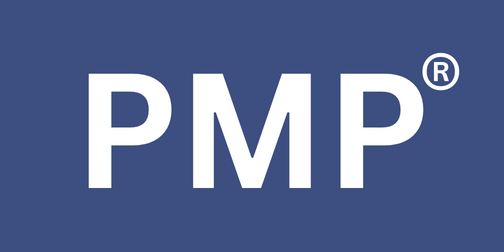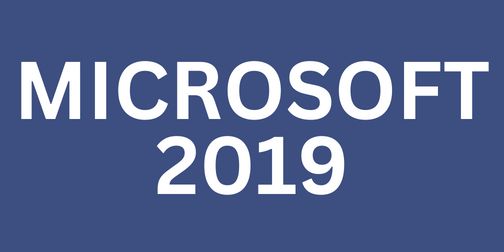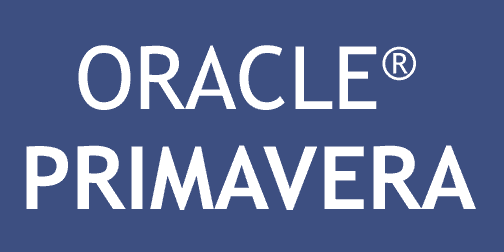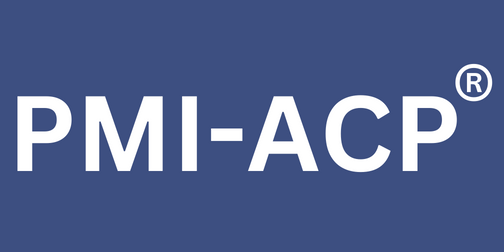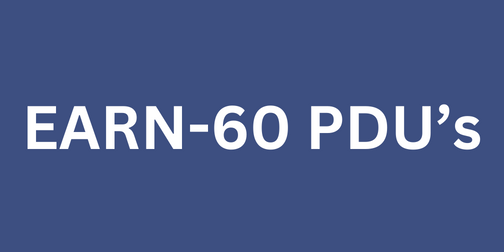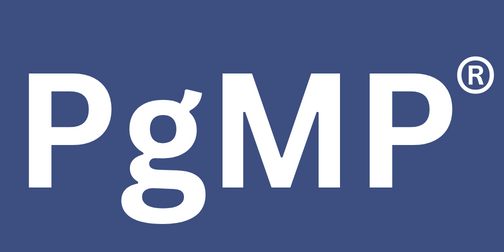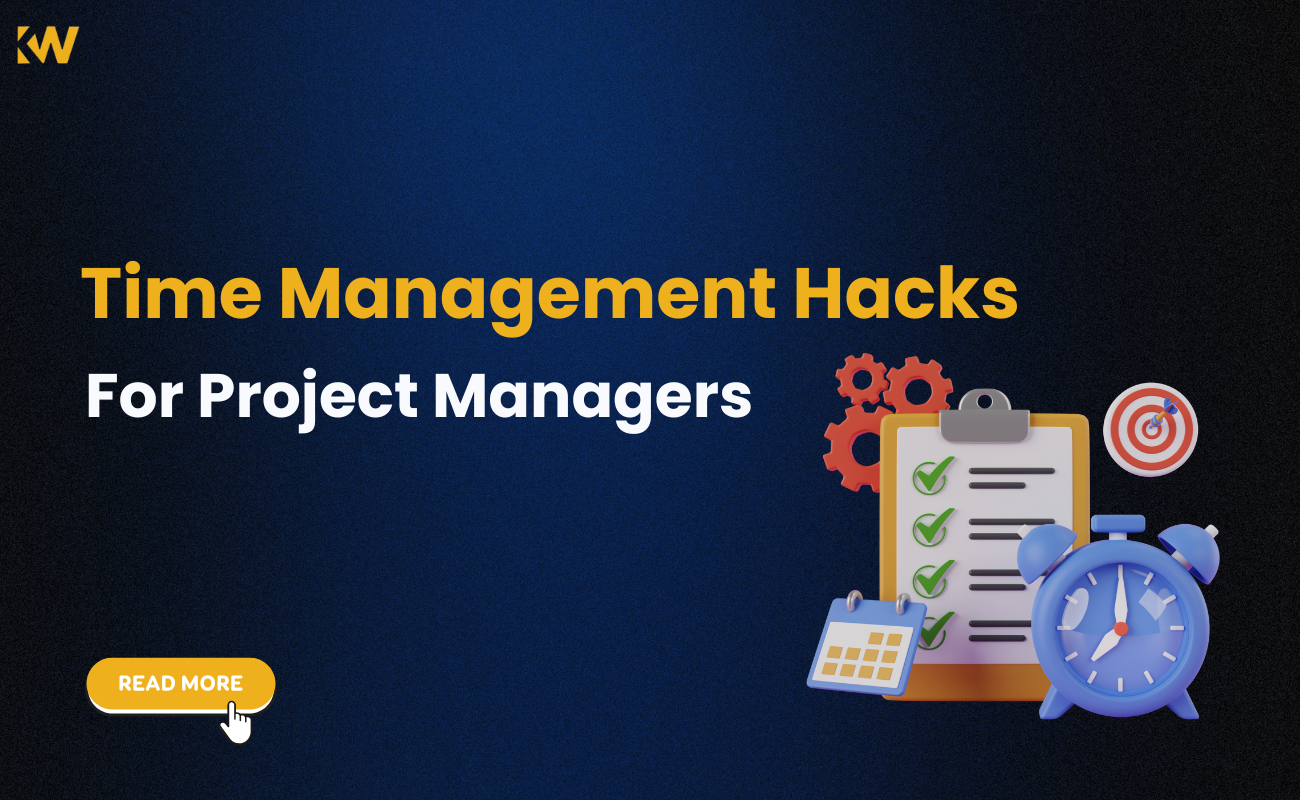
Time Management Hacks for Project Managers
Posted On December 10, 2024 - 14:39 PM
In the current world of speed, project managers have to face the pressure of juggling many duties, coordinating team dynamics, delivering on tight deadlines and delivering high-quality results. Time management has become an integral part of the process. A luxury, it is essential to ensure project success. In 2024, we are entering a new era the future, and staying ahead of the curve requires new strategies that are tailored to the demands of today's workplace. This blog provides practical time management techniques that empower project managers to increase productivity and ensure a balanced work-life balance.
1. Prioritize with the Purpose
Hacks: Use the Eisenhower Matrix to categorize tasks according to importance and urgency.
-
First Quadrant: Important and urgent tasks to complete immediately.
-
Quartrant 2: Not essential, but urgent, strategically schedule them.
-
Third Quadrant: Not urgent, but crucial--delegate these duties.
-
Fourth Quadrant: If not urgent or vital, eliminate them.
This technique assists project managers to focus on tasks that will help achieve the project's goals while avoiding distractions.
2. Leverage Technology to Stay Organized
In 2024, tools for managing projects such as Asana, Trello, ClickUp as well as Monday.com have evolved with sophisticated AI features. Make use of such tools to
-
Automate task assignments.
-
Keep track of project timelines in real-time.
-
Create reminders for important events.
-
Get insights to help with future project plans.
Tips for Success: Use these programs in conjunction with your existing platforms for communication such as Slack as well as Microsoft Teams for seamless coordination.
3. Master the Art of Delegation
Delegation is an effective tool that project directors must master.
-
Determine jobs that can be completed with team members.
-
Find tasks that match your strengths and knowledge.
-
Give clear instructions and establish expectations.
Delegating does not just free your time but also allows team members to expand and become more involved.
4. Embrace the 80/20 Rule
The Pareto Principle states that 80 per cent of results result from 20% of the efforts.
-
Determine the tasks that contribute most to the success of your project.
-
Concentrate your attention on activities that have a high impact.
-
Reduce the amount of time you spend on non-essential aspects.
This will ensure that your efforts are aligned with the achievement of project milestones.
5. Time Blocking for Maximum Productivity
The practice of time blocking can be described as a process that allows you to allocate timeslots for specific projects.
-
Set aside time for work that is deep meetings, meetings, or administrative tasks.
-
Make sure you are protected during peak hours for work that is high-priority.
-
Use apps such as Google Calendar or Outlook to establish the boundaries for each time block.
Tips for Pros: Set buffer time between each block to account for unexpected delays.
6. Minimize Meeting Overload
Meetings can be a major time-consuming. Improve your meetings by using these tricks:
-
Create clear goals and agendas.
-
Invite only those who are essential to the event.
-
Use timers to stick to the scheduled times. when needed.
-
Follow up with succinct notes and action items.
Also, use asynchronous communication for updates that don't need live conversations.
7. Optimize Remote and Hybrid Workflows
With hybrid and remote models becoming commonplace, you can make sure that you have a smooth and seamless collaboration with:
-
Cloud-based sharing of documents (Google Drive and OneDrive).
-
Virtual whiteboards to brainstorm ideas (Miro, MURRAL).
-
The schedule includes "focus hours" where team members can work in silence.
A well-managed remote team will significantly cut down time spent in communication issues.
8. Develop a Proactive Mindset
Be prepared for challenges ahead of time by:
-
Conducting risk assessments before project the beginning of the project.
-
Creating contingency plans for potential delays.
-
Monitoring progress frequently to find any bottlenecks in the early stages.
Being proactive means that you're directing the project rather than responding to crises.
9. Utilize AI and Automation
The year 2024 is the time to start AI instruments that are changing the way project managers manage their time.
-
Automate repetitive tasks, such as reporting and scheduling.
-
Make use of AI assistance to prioritize tasks based on urgency as well as deadlines.
-
Review team performance metrics to make better decisions.
AI-powered applications such as Notion AI, ChatGPT, and Wrike Insights can streamline processes, thereby saving time.
10. Practice Self-Discipline and Avoid Multitasking
Multitasking can be a drain on efficiency. Instead:
-
Concentrate on one task at a given time to improve speed and accuracy.
-
Utilize to apply the Pomodoro Technique (25 minutes of concentrated work, and a break of 5 minutes) to keep momentum.
-
Reduce distractions by removing notifications while working at a desk.
11. Conduct Regular Reviews and Adjust
Time management is a constantly evolving process. After each week:
-
Examine the way you spend your time.
-
Recognize areas that could be improved.
-
Modify your strategies so that they align with the project's needs.
Project retrospectives are a great way to get comments from the team about the practices of time management.
12. Foster a Culture of Time Management
Encourage your team members to use similar time management strategies.
-
Discuss your strategies and tools with them.
-
Training sessions on prioritization and efficiency.
-
Reward efficiency to reinforce positive behaviour.
If the entire team is in sync, the project's timelines can be achieved without stress, and with better collaboration.
Insufficient or over-promising could derail projects.
-
Use historical data to set achievable deadlines.
-
Make sure you have extra time to deal with unexpected challenges.
-
Inform stakeholders of timelines.
Set realistic deadlines reduce stress and ensure the same pace of advancement.
14. Take Care of Your Well-being
Your performance as a project manager is dependent on your mental and physical well-being.
-
Recharge your batteries regularly.
-
Try mindfulness or meditation to remain focused.
-
Find a balance between work and life to avoid burning out.
Keep in mind that a healthy, well-rested and alert mind can make better decisions.
15. Stay informed about industry trends.
Time management isn't static. What worked yesterday may not be effective today.
-
Participate in webinars, conferences and sessions for training on managing projects.
-
Find out from case studies and the best practices in your field.
-
Try out new techniques and tools to determine what is most effective.
Conclusion
In 2024, the future of time management for project managers will be about using technology, encouraging teamwork and remaining flexible to changes if you implement these strategies to improve your productivity, manage your team better, and have a successful project without sacrificing your well-being.
Remember that managing your time isn't about achieving more, it's about doing what is most important. Start small, be consistent and watch your productivity increase.












